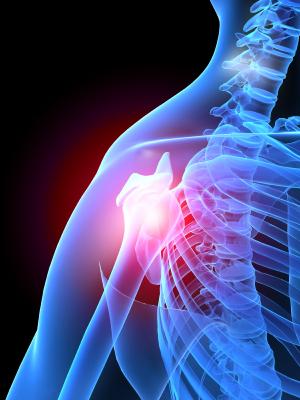
Endometriosis can give rise to a wide spectrum of symptoms, ranging from mild to severe, which may not necessarily be related to the extent of disease. some women may have no symptoms at all and the condition may be diagnosed while investigating for the cause of infertility. sometimes, endometriosis may be detected during an examination or surgery for an unrelated condition.
The symptoms that are often associated with endometriosis are :
- Pelvic pain and/or low back pain exacerbated before/during periods and during/after sexual intercourse.
- Infertility – inability to fall pregnant.
- Periods may be painful, irregular or heavy.
- Fatigue.
With the involvement of the bowel and bladder in endometriosis there may be symptoms such as
- Pain during bowel movement.
- Bleeding from the rectum during menstruation.
- Swelling of the abdomen.
- Diarrhea or constipation, especially during menstrual periods.
- Painful swelling of the umbilicus (belly button).
- Pain while passing urine.
- Blood in urine.
- Nausea and vomiting – worsening before or during the periods.
Rarely, endometriosis in the lungs can cause chest pain or coughing up of blood while endometriosis in the brain can cause headaches and seizures.
Chronic pelvic pain is a common feature of endometriosis. the cause for this is not always clear. Adhesions caused by the break down and bleeding of the endometrial tissues at various sites every month, especially within the abdomen and pelvis, can give rise to pain.
The pain of endometriosis may also be associated with inflammation, with chemical mediators such as prostaglandin playing a role. the severity of pain is not always related to the extent of endometriosis. while a mild condition can give rise to severe pain in some women, in others there may be little or no pain even with extensive spread of the disease.
Pain due to endometriosis usually occurs just before the onset of menstruation and often disappears once the periods start. There may be pain during sexual intercourse (dyspareunia). Painful bowel movement or painful urination may occur when the bowel or bladder is affected.
Apart from NSAIDs, treatment with various hormones is often effective in relieving symptoms of pain in endometriosis. Surgical removal of the endometrial tissues from an abnormal site may be beneficial in more severe cases. A hysterectomy may be contemplated as a last resort when all other treatment for pain fails but chances of recurrence still exists.
Women suffering from endometriosis may have difficulty falling pregnant. in fact, many times endometriosis is detected only while trying to find the cause for infertility. on the other hand, the symptoms of endometriosis often subsides once a woman falls pregnant. Endometriosis does not have any negative impact on pregnancy.
Fertility may be affected due to hormones produced in endometriosis that are not conducive for ovulation, fertilization or implantation of the fertilized ovum. also, there may be anatomical distortion produced by scarring due to endometriosis which may affect the fallopian tubes or other structures in the pelvis.
Dyspareunia caused by endometriosis may restrict sexual intercourse, thus reducing the chances of pregnancy.Women with severe endometriosis are more likely to suffer from infertility than those with milder form of the disease. with treatment, pregnancy is possible in many instances. of the various treatment options, surgical treatment often gives better results than hormonal or other medical treatment. assisted reproduction techniques such as intrauterine insemination or in-vitro fertilization (IVF) may offer hope to women with endometriosis when combined with surgical treatment.
Dysmenorrhea or painful menstruation may be caused by endometriosis but the typical pain of endometriosis usually starts a few days prior to onset of periods and disappears once regular menstrual flow starts. It is more a deep seated pain in the lower abdomen, pelvis and back, and is different from the cramping abdominal pain felt during periods.Endometriosis may cause irregular, heavy periods. Spotting and bleeding between periods may also be seen.
Further Reading :